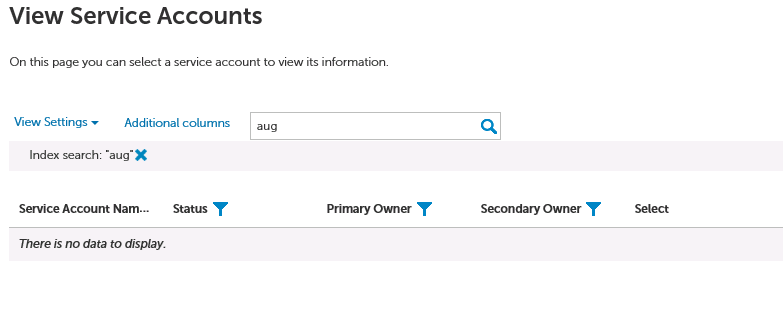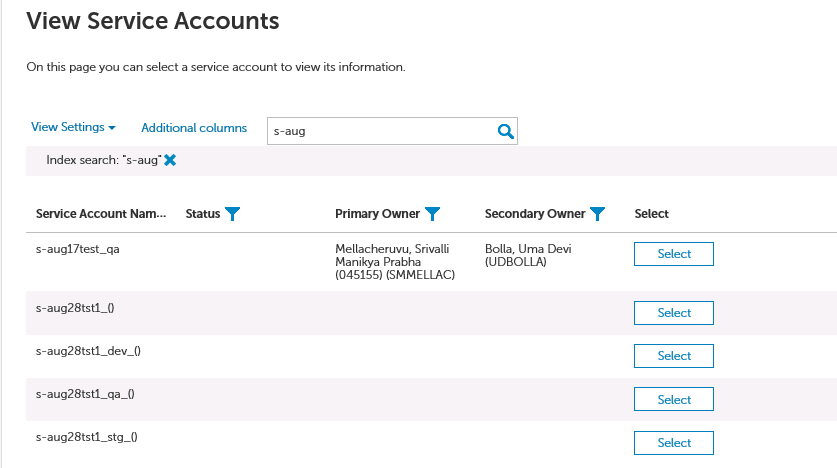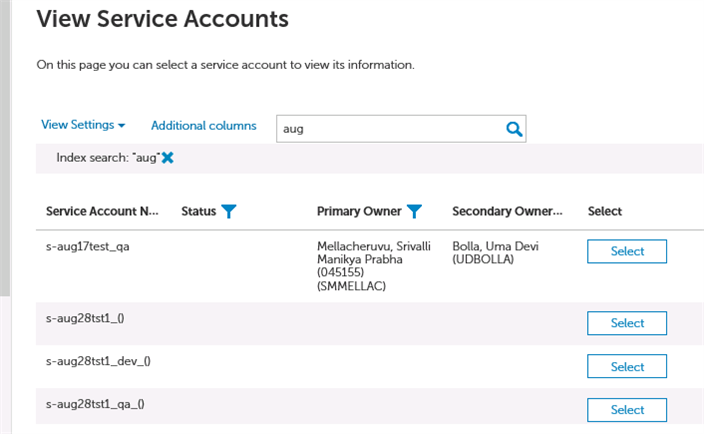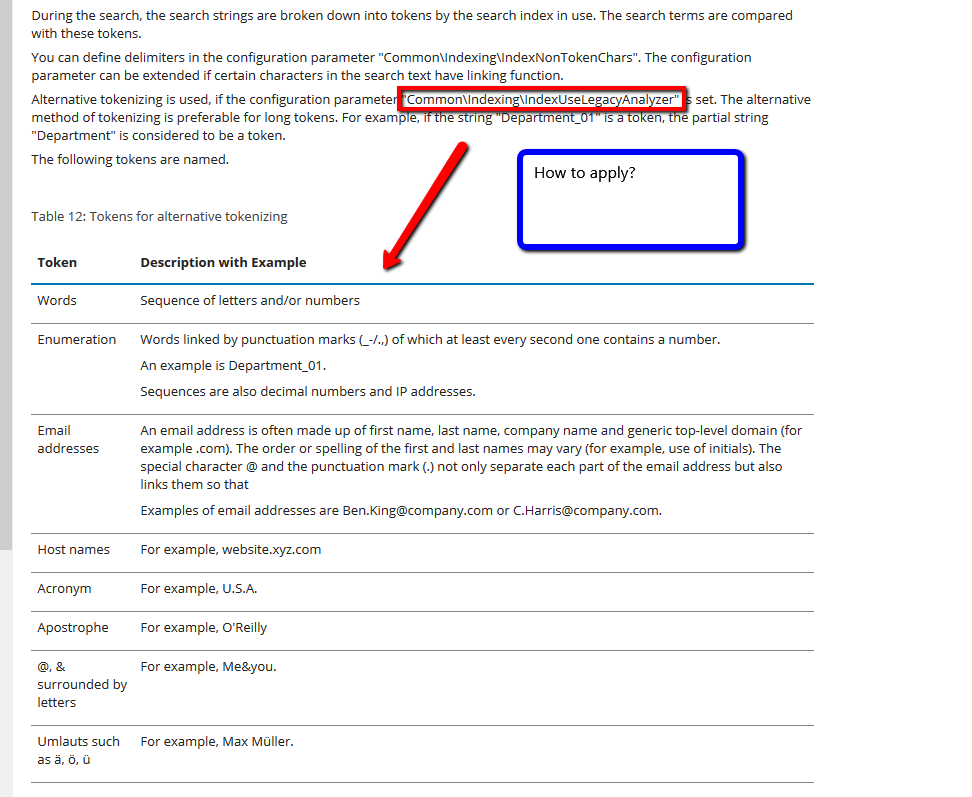Hello,
We are working with a Grid Band search function, setting the "IsSearchActive" extended property to true, and can only get results back that start with the search string entered. We also want to get results that "include" the search string. For example, we do a search for the string "aug"
and get no results.
However, when we do a search for "s-aug" we get results that start with "s-aug".
Is there a way to modify the search so that we also get results that include the search string rather than just start with the search string?







